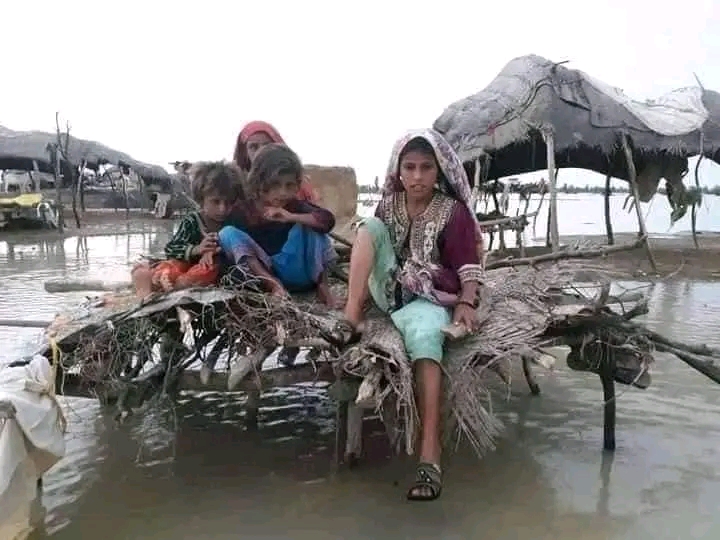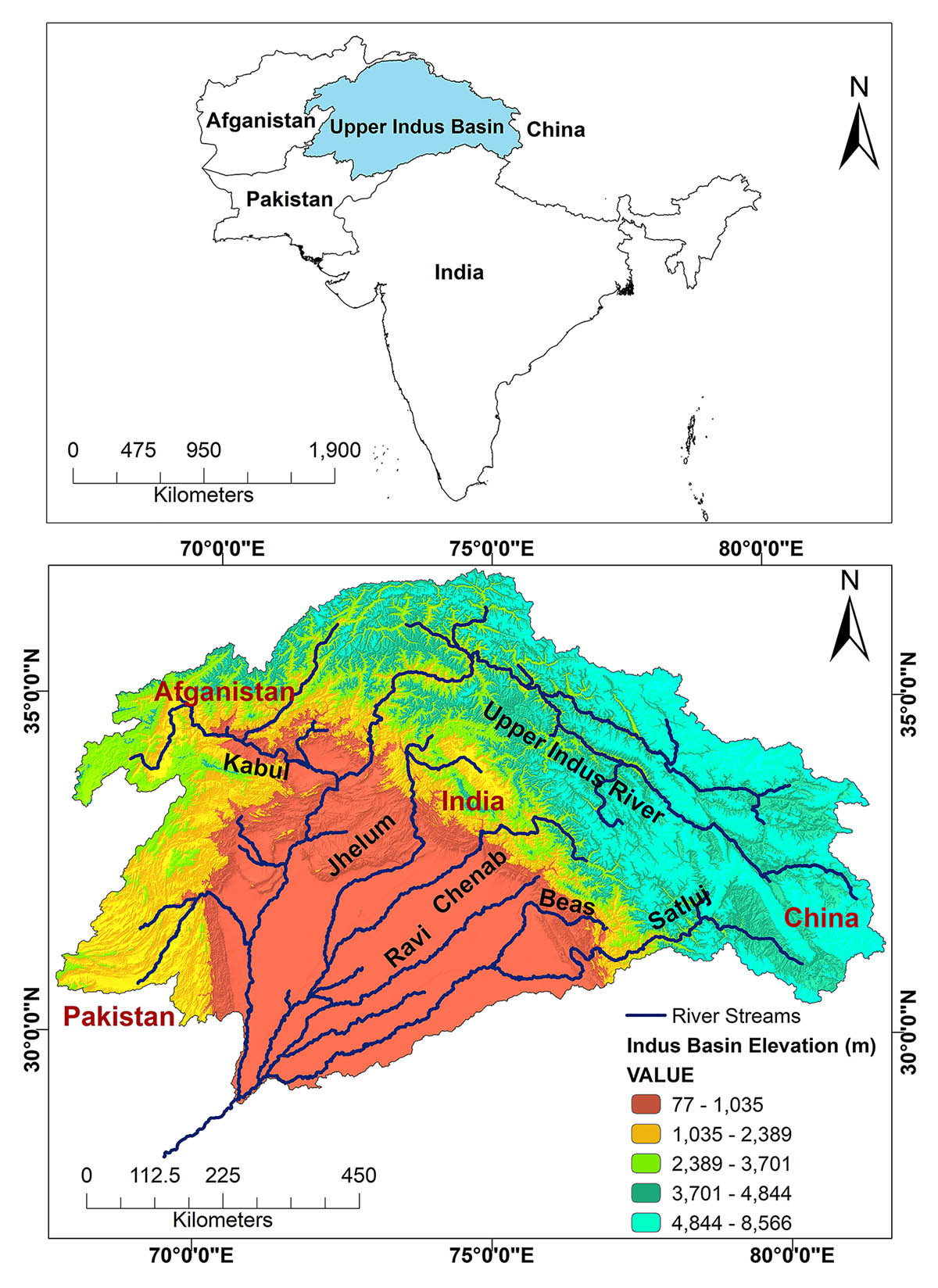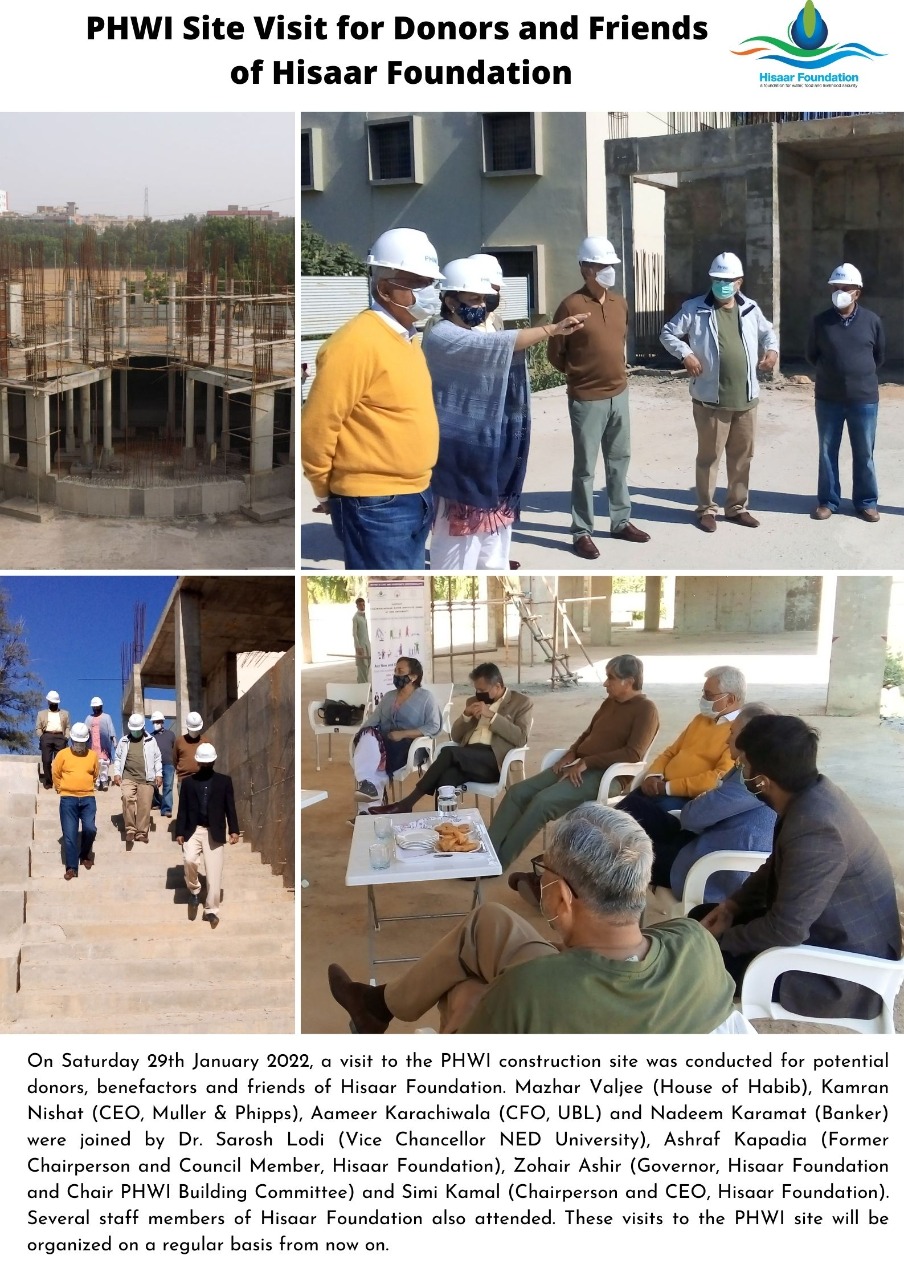WATER-STARVED Karachiites, do you know who James Strachan was? Appointed chief engineer and secretary of Karachi municipality in 1873, it was his genius that made Karachi into one of the cleanest and most well-managed cities of that time. It was his transformative thinking that brought a water connection to every home in the Karachi of 140 years ago — even when his superiors told him to plan only for the cantonment, main colonies and bigger roads, and not to worry about the other (poorer) residents of the city. Today’s bleak water situation in our city is crying out for a modern-day James Strachan, or a repeat of his transformative thinking, to rescue Karachi from its pervasive water crisis. The good news is that it can be done.
Karachi is Pakistan’s largest and most populous city, as well as its commercial hub — contributing over 20 per cent of GDP, high proportion of taxes collected by the government, the largest base of generating businesses and the employment engine of Pakistan. Karachi is also among the largest megacities in the world. However, due to the multifaceted aspects of its evolution, economy, population influx mix, different ethnicities and sociopolitical positioning, it has become one of the most difficult cities to govern. It is, therefore, equally difficult to supply and manage water in this city through a single organisation.
The state of affairs of the Karachi Water Sewerage Board, the body responsible for water delivery, calls for an immediate strategy for its transformation. KWSB is responsible for the production, transmission, treatment and distribution of potable water to the citizens of Karachi, along with managing the sewerage system of the city. In all its responsibilities, it has unfortunately fared badly, and it will continue to do so unless its current business model and governance structure is transformed and KWSB can operate independently.
The state of affairs of the Karachi Water and Sewerage Board calls for an immediate strategy for its transformation.
To fully understand the challenges faced by KWSB, one must understand its chronic problems. The continuous political interference in its operations has resulted in serious mismanagement. Lack of autonomy means a board that possesses little independence. Poor quality of leadership and recruitment policies based on seniority means that the professionals required to run a modern water utility are not present. Its infrastructure and operating systems are outdated, with no investment strategy in place for their upgradation. There are increasing deficiencies in water quality and access. Rising water demand and decreasing water supply has put further pressures on a leaking system. KWSB is caught up in circular debt, revenue collection is poor, and there is no accountability for non-revenue water. From a citizen’s perspective, there is no focus on customer service. In this scenario, investing only in ‘mega-water projects’ in order to solve Karachi’s water crisis is futile unless the core issue of governance and management is addressed.
An amended model of public-private partnership called a government-investor-public partnership is proposed, which will allow retention of asset ownership by the government while leasing or subcontracting its operating and management functions to an investor/operator who is incentivised by reasonable return on investment and given freedom to manage the entity professionally. The board will be made independent with membership consisting of government representatives, investor representatives, independent water experts and distinguished citizens of the city (‘the public’) who will provide ‘neutral’ opinions, independent from politics.
The primary aim of this new business model will be to develop focus on service delivery, accountability, customer satisfaction, revenue collection, investment strategy and infrastructure development. Quantifiable performance standards, staff productivity, operational efficiency and replacement and/or upgrading existing infrastructure can be covered under agreement. Given the size and scale of the city, more than one investor/operator may be contracted.
The government’s job will be to undertake the required governance and institutional reforms, create the necessary enabling environment, fix water tariffs, make policies for subsidised or free water for the poor and let the investors/operators get on with their job. The investors/operators will have to extend services to all areas of metropolitan Karachi, thus leaving no one behind. The interests of the currently underserved population will be secured through subsidies and/or free water and hiring of community members in the public works programmes.
The ‘unbundling’ of KWSB would not be an untried experiment. There is ample evidence and some good examples available from other cities in Asia where such transformations have successfully taken place. Manila’s successful conversion of a rambling government-mismanaged water entity to an efficient water utility can be used as a model for KWSB.
Nearer to home, we can look at those public utilities that have been freed from government control, resulting in win-win situation both for government and customers. The de-control of KESC into KE and the new PTCL has led to improvement in services and these entities becoming major contributors to the state treasury by depositing taxes rather than surviving on subsidy from the state as KWSB does.
The positives of controlled relaxation from government are further supplemented by our experience with the banks, such as HBL, MCB, UBL and others. Today, they are considered well-run institutions, are depositing huge amounts of taxes every year in the government kitty and have attained such levels of operational excellence as to offer local consumers an attractive option over foreign banks.
Unless the proposed engineered change of KWSB is taken up urgently, neither Karachi’s aspiration of becoming a modern megacity, or expanding as the trade and economic hub of Pakistan, will be realised. While another James Strachan is unlikely to land in Karachi, we can only hope that the decision-makers now move urgently towards transforming KWSB to ensure efficiency and equitability in water supply for all citizens, as well as swift removal of sewerage. Such a model can then be replicated in other urban centres of Pakistan.
The writer is a strategy specialist and member of the Karachi Transformation Committee. He is a founding member of Hisaar Foundation’s Think Tank on Rational Use of Water.




